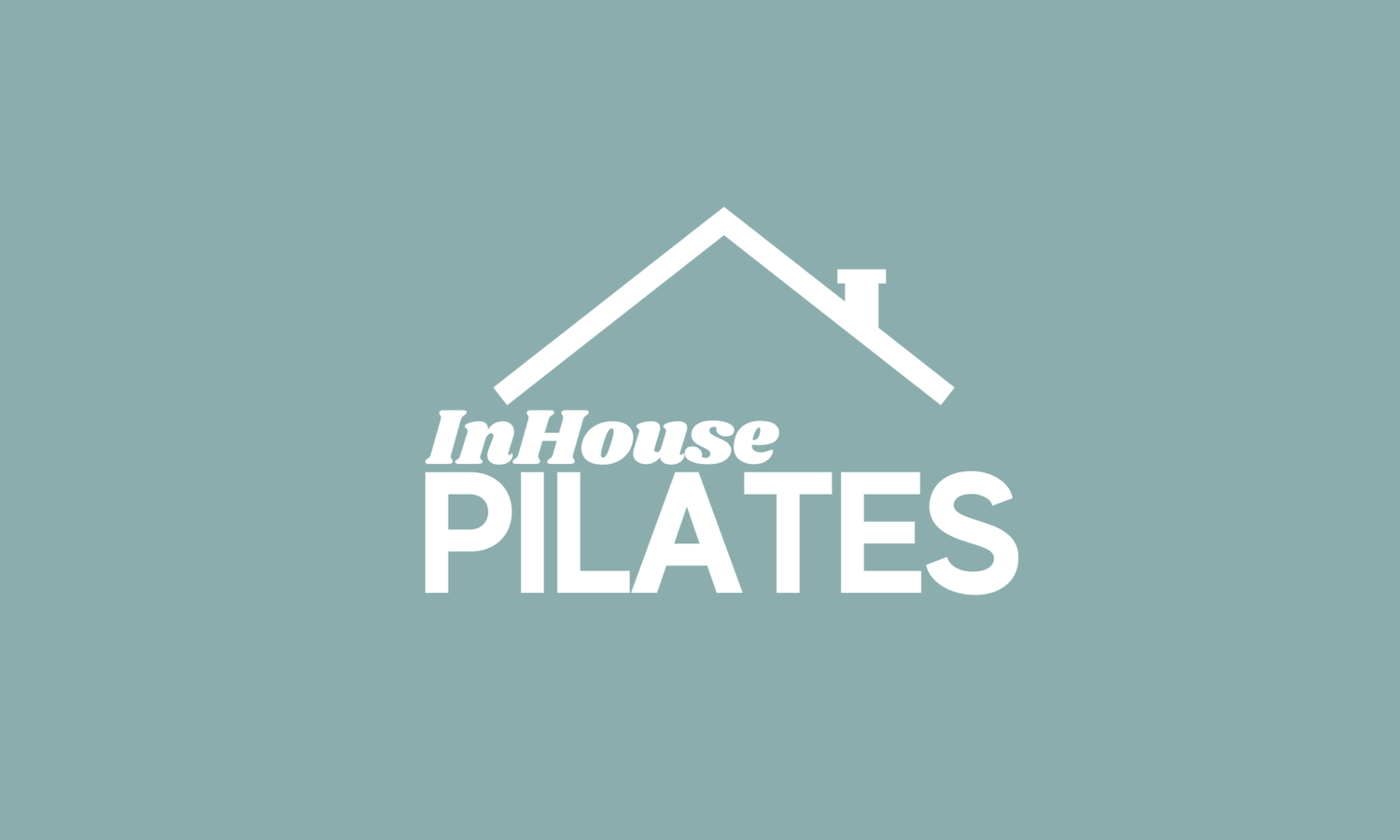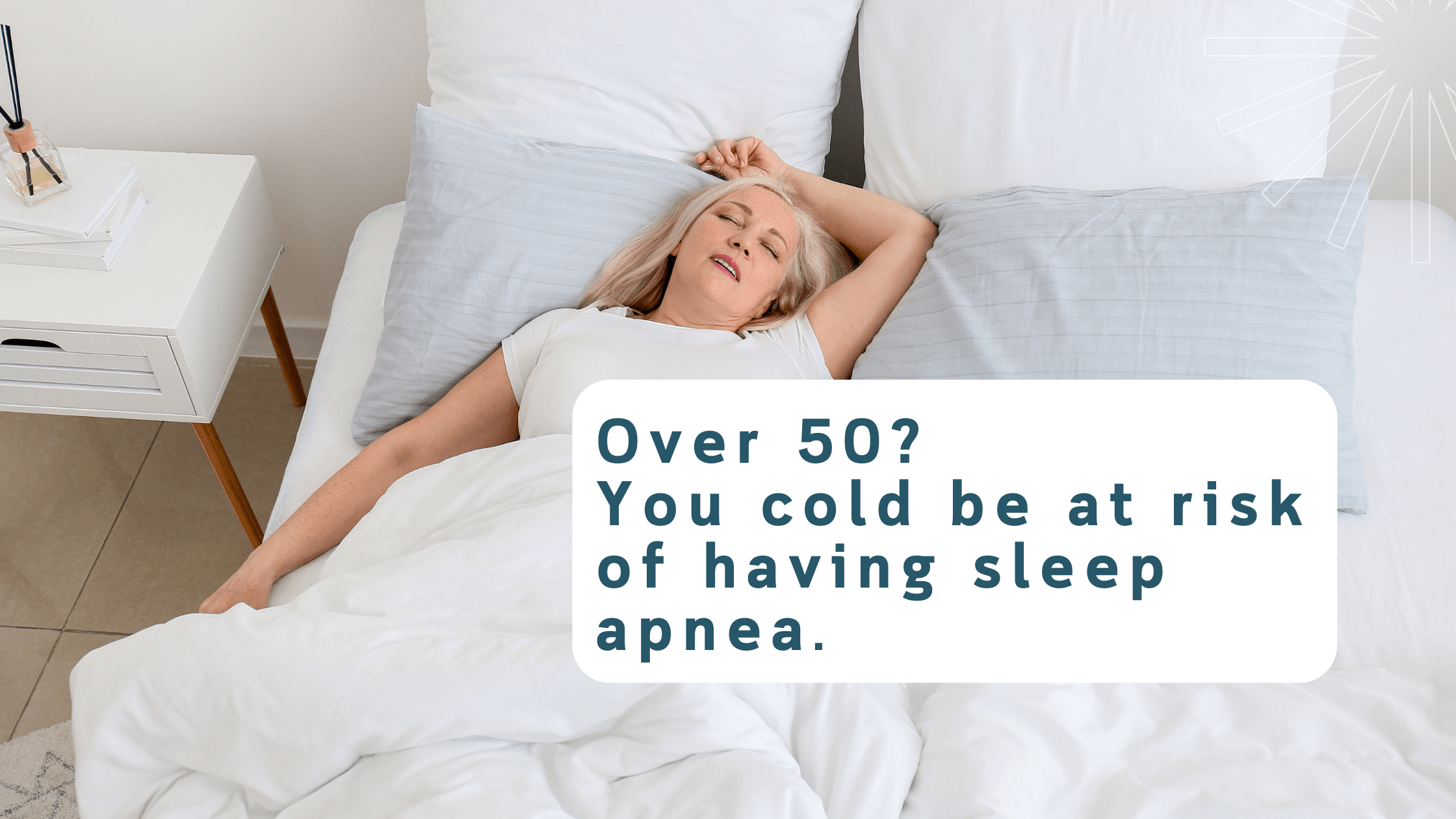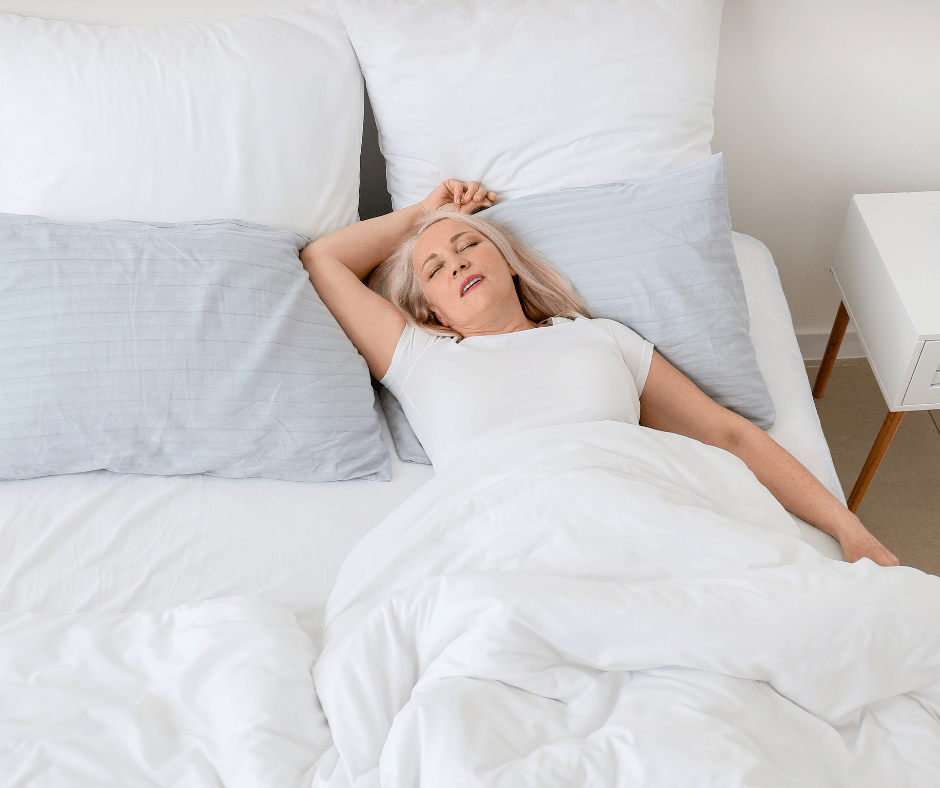Over 50? Postmenopausal? You could be at risk of having sleep apnea.
It is a myth that only men suffer from sleep apnea.
The Australasian Menopause Society stated that insomnia is more common in women than in men, with 25% of women between the ages of 50- and 64-years having sleep difficulties.
Sleep difficulties are more common in post-menopausal than in pre-menopausal women, and more severe in those experiencing a surgical menopause.
Dr Pien, an assistant professor of medicine at the John Hopkins Sleep Disorders Center says ‘Postmenopausal women are two to three times more likely to have sleep apnea compared with premenopausal women’.
Dr Darcy, a lecturer at St. Michael’s Hospital at the University of Toronto, said ‘Apnea literally means "no breath," and episodes of sleep apnea are brief moments during which the sleeper quits breathing. Insufficient oxygen then forces the sleeper to awaken, often several times per hour. These episodes can leave the patient plagued with daytime grogginess.
Australian Menopause Society states contributing factors include the following:
‘Changing hormone levels (hormones playing a role in sleep include growth hormone, prolactin, cortisol and melatonin)
Sweating and flushing, mood disorders (depression and anxiety)
Abnormalities of the circadian rhythm
Snoring, airway obstruction, restless legs syndrome, periodic limb movement disorder, musculoskeletal pain and fibromyalgia
Exacerbation of primary insomnia
Lifestyle factors (poor sleep hygiene, irregular schedules, caffeine, alcohol, snoring partner).
Some symptoms may include:
Waking up in the morning with a headache
Experiencing severe sleepiness
Impaired concentration or memory
One of the clearest indicators might also be your partner informing you that your breathing is irregular while sleeping or snoring
Dr Pien recommends the following for a better nights rest:
‘‘Exercise - exercise can help with sleep quality.”
Medication and therapies -
Some selective serotonin reuptake inhibitors (SSRIs) have been shown to help with sleep symptoms in menopausal women.
Alternative therapies like acupuncture can also be helpful. Speak with your doctor about what might be right for you.
Lifestyle changes that enhance sleep,
Like winding down an hour before bedtime,
going to bed at the same time every night, and rising the same time.
not watching television or
using an electronic device before dozing off.’’
To read Dr Pien’s the full article, click here.
Sleep apnea in woman is more common than you think. You do not have to suffer alone. If you are experiencing any of the above symptoms, speak to your doctor and ask for a sleep apnea test.
Sleep apnea is also associated with several health problems, such as congestive heart failure and high blood pressure, treatments range from simple behavioral changes, such as changing sleep position, to surgery to increase the size of the airway.
Do not ignore your symptoms or brush off how you feel. Seek medical help!
Helpful links:
To read the full article about the ‘Risk of Sleep Apnea worsens after menopause, click here
To read more about ‘Myths and Facts about Obstructive Sleep Apnea, click here.
To ‘Find out 8 easy you can sleep better tonight, click here for an ebook.



